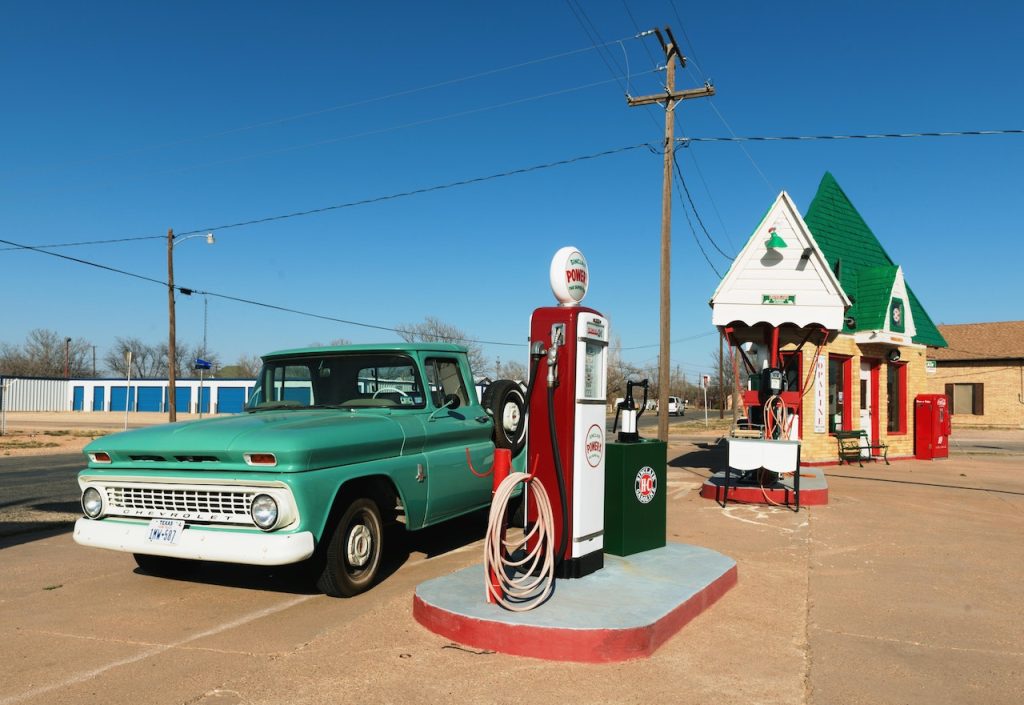Diesel fuel has been a reliable source of energy for many years, providing power to engines that run everything from cars to heavy machinery. However, one of the biggest challenges of using diesel fuel is the presence of diesel bugs. Basically, they are microorganisms that live in fuel and can cause a range of problems, including reduced engine performance, clogged fuel filters, and even engine damage.
In this article, we will explore the causes of diesel bugs, their effects on diesel fuel, and some tips to keep your fuel clean.
The Causes of Diesel Bugs
Diesel fuel is made up of a complex mixture of hydrocarbons and additives. While it is generally a stable and inert substance, it can become contaminated with microorganisms if it is not stored or handled properly. Diesel bugs, also known as microbial contamination, can occur when water enters the fuel tank or when the fuel is exposed to air. This can provide a hospitable environment for microorganisms to grow and thrive.
The Effects of Diesel Bugs on Diesel Fuel
When diesel bugs are present in the fuel, they can cause a range of problems. One of the most common issues is reduced engine performance, which can occur when microorganisms clog fuel filters or injectors. This can cause the engine to run poorly or even stall. In addition, they can cause damage to the fuel system, including corrosion in fuel tanks, pipes, and pumps. This can lead to expensive repairs and downtime for your equipment.
Some Tips to Keep Your Fuel Clean
Fortunately, there are several steps you can take to prevent diesel bugs from contaminating your fuel. Below are some tips to keep your fuel clean:
1. Store Fuel Properly
One of the most essential steps in preventing diesel bugs is to store diesel fuel properly. It should be kept in a clean, dry, and well-ventilated area, away from direct sunlight and sources of heat. It is also important to keep fuel tanks and containers clean and free of debris.
2. Check for Water Regularly
Water is one of the main culprits for diesel bug contamination. Regularly checking fuel tanks for the presence of moisture is crucial. This can be done by using a water-finding paste or a fuel-water separator. If it is detected, it should be drained from the tank immediately.
3. Use Fuel Additives
Fuel additives can be used to prevent diesel bugs from growing in fuel. Biocides are one type of fuel additive that can kill microorganisms in no time. Other additives, such as detergents and stabilisers, can also help in keeping your fuel clean and improve your engine performance.
4. Keep Fuel Tanks Full
Keeping fuel tanks full can help to prevent the growth of diesel bugs. When fuel tanks are empty, air can enter the tank, providing a hospitable environment for microorganisms to grow. By keeping tanks full, you can reduce the amount of air and prevent the ‘bugs’ from taking hold.
5. Use High-Quality Fuel
Using high-quality diesel fuel can also help to prevent diesel bug contamination. They are less likely to contain contaminants that can provide a food source for microorganisms. It is also less likely to contain water or other impurities that can lead to diesel bug growth.
Conclusion
Diesel bugs can be a major headache for anyone who relies on diesel fuel to power their equipment. However, by understanding the causes of diesel bug contamination and taking steps to prevent it, you can keep your fuel clean and avoid costly repairs and downtime. With a little bit of effort and attention to detail, you can keep diesel bugs at bay and enjoy the many benefits that your fuel has to offer.
If you are looking for a company that does diesel fuel cleaning in the UK, look no further than our expertise here at Fuel Fixer. We are the leading wrong fuel specialists when it comes to erroneous gas fill-ups and contaminated fuels. Call us today and protect your vehicle from diesel bugs. Your car will be fixed while you wait.

